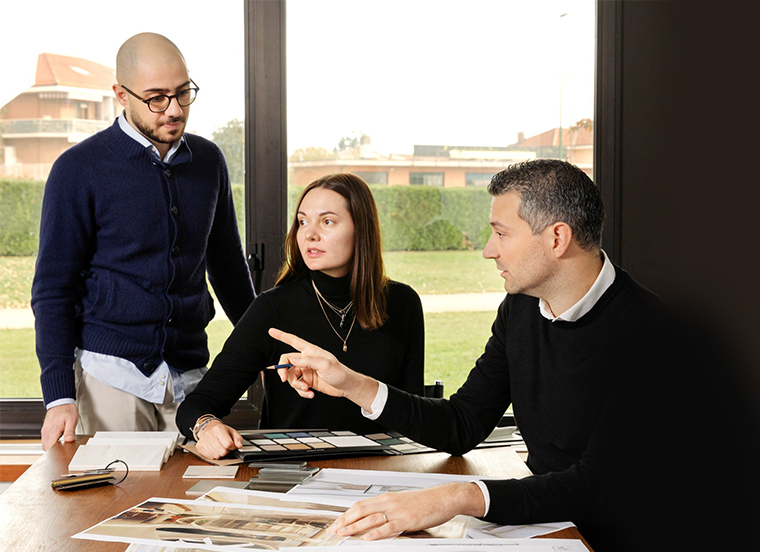Sharjah, UAE. September 4, 2023 – Embarking on a journey fueled by innovation, Dr. Sameer Al-Asheh, Professor and Head of the Department of Chemical and Biological Engineering at American University of Sharjah (AUS), is pioneering research that aligns not only with the UAE’s quest for sustainability but also with AUS’ steadfast commitment to a cleaner and greener future. Through Dr. Al-Asheh’s contributions in water treatment, renewable energy and responsible waste management, his work stands as a cornerstone driving both the nation’s environmental aspirations and global development.
“I specialize in the realm of water and wastewater treatment, focusing on the effective elimination of pollutants like heavy metals, phenolic compounds and dyes from industrial wastewater. This accomplishment has been realized through the innovative development of diverse naturally occurring materials known as biosorbents, both in modified and unmodified forms,” said Dr. Al-Asheh.
His research findings focus on introducing innovative water treatment methods, such as adsorbent materials and microscopic power cells known as microbial fuel cells (MFCs). These methods have a wide range of applications, from electricity generation and wastewater treatment to the promising possibility of hydrogen production. His MFC research has also involved the creation of innovative fuel-cell electrodes, enhancing the overall performance of the cells. These approaches ensure cleaner water sources, preserve ecosystems and safeguard public health.
Speaking on the significance of his research, Dr. Al-Asheh said: “My research carries a profound impact, evident in its ability to revolutionize industries, enrich lives and protect the environment. My efforts introduce effective water treatment techniques that efficiently diminish pollutants while uplifting industrial standards. These effects ripple through society, presenting cleaner water sources that directly contribute to enhanced health and an elevated quality of life. Notably, this research also extends its scope to confront electronic waste challenges through inventive collaborative recycling endeavors aiming at driving economic sustainability, championing environmental conservation and fostering societal well-being.”
Dr. Al-Asheh employs innovative techniques such as using special filters called membrane bioreactors (MBRs) to tackle specific wastewater issues, like treating tobacco wastewater. This highlights his commitment to finding tailored solutions for sustainability. His research also includes an environmentally friendly approach to managing pollution, where he uses eggshells to extract leftover medicines from medical waste.
Dr. Al-Asheh is also actively collaborating with renowned partners in the UAE on an ambitious initiative centered around recycling and treatment of used lithium-based batteries, contributing to a more sustainable future.
“I firmly believe that my research will drive transformative change. The purpose of my research remains focused on delivering tangible impact, driving sustainability and effecting positive change in water treatment and waste management,” he emphasized.
Dr. Al-Asheh’s research has gained recognition through publication in esteemed peer-reviewed journals, and he actively engages with stakeholders and decision-makers at seminars and conferences, collectively exploring solutions that drive sustainability.
In the forthcoming phases of his research, Dr. Al-Asheh’s goals encompass scaling up technologies for broader industrial and community implementation, advocating for sustainable practices through policy engagement and fostering global collaboration and education.
AUS is dedicated to supporting the UAE’s sustainability endeavors through robust initiatives and active faculty engagement. Recognized for its commitment, AUS is a valued member of the Universities Climate Network, uniting UAE-based institutions to foster dialogues, workshops, public events and youth involvement in preparation for COP28. AUS’ commitment to reducing carbon emissions is demonstrated through its pioneering Climate Action Plan, which aligns with the UAE’s Net Zero by 2050 strategic vision. AUS’ unwavering support extends to being a key participant in the UAE Alliance for Climate Action (UACA), a domestic coalition orchestrated by Emirates Nature-WWF. This alliance assumes a prominent role as the flagship non-state actor program in the run-up to COP28, championing accelerated progress towards achieving net zero targets aligning with scientific principles and the Paris Agreement.
To know more about the College of Engineering, please visit www.aus.edu/cen.





























